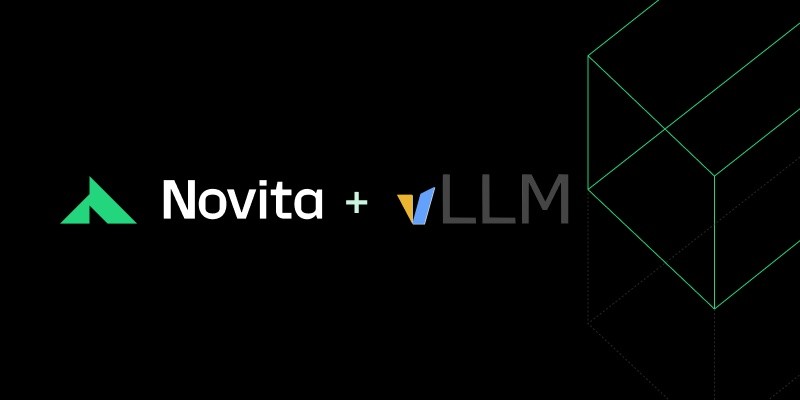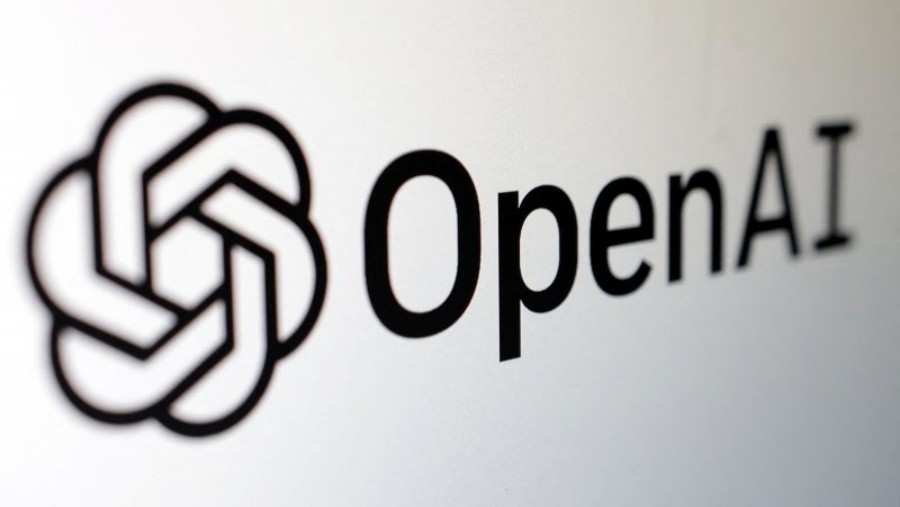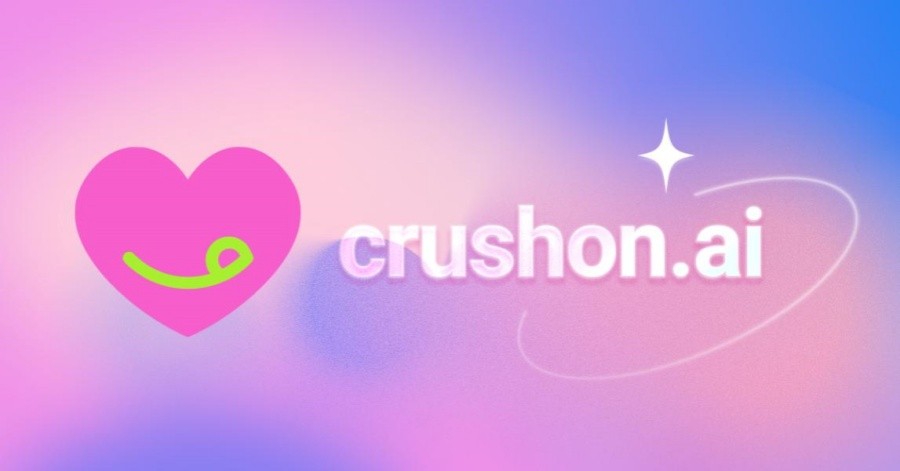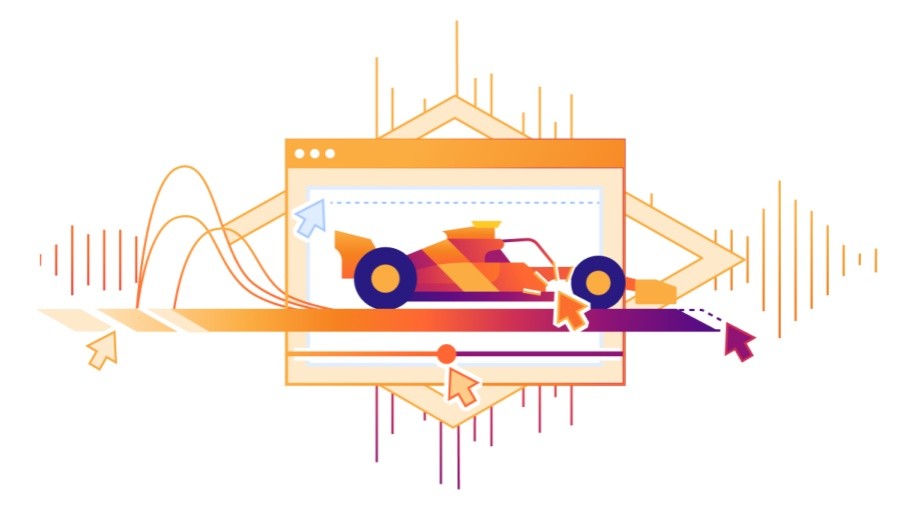Have you ever encountered a problem: you saw an item, a book, or a scene, but don’t know how to search with accurate text descriptions? Now, Google is using the AI model to help you solve this pain point.
Recently, Google officially launched the image questioning function in its search experimental project "AI Mode". This update means you can take or upload a photo directly with your phone and ask Google questions about this image. Whether you are a student, book lover, home expert or daily user, you can obtain more accurate and in-depth information in this more natural way.
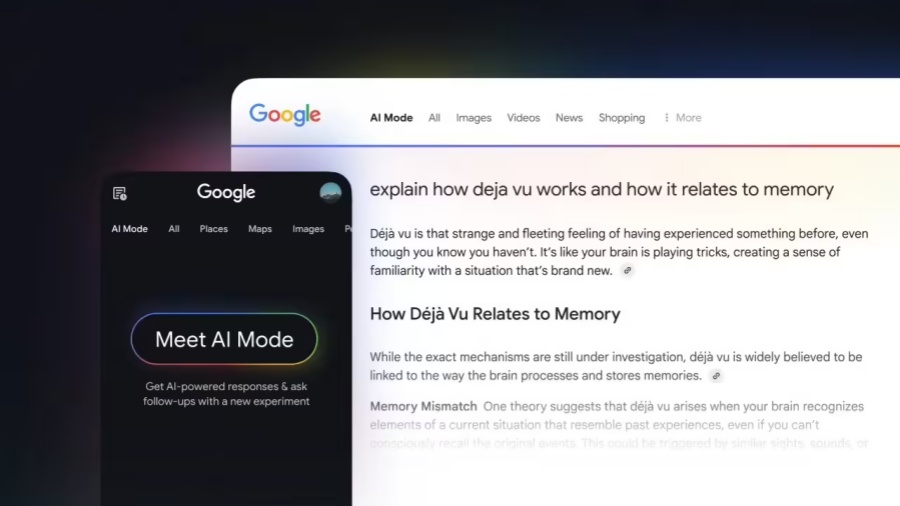
"AI Mode" is a new feature that Google Search is testing, allowing users to ask more complex questions that contain multiple sub-questions and support natural conversational questions. Compared to traditional keyword search, it is more like chatting with a knowledgeable assistant, suitable for:
Users who want to explore in depth
People who don't know how to accurately describe the problem
Scenarios that require continuous questions and gradually narrow the scope
Now, it adds the ability to input images, opening up a new dimension for search methods.
This image recognition and question-and-answer capability is actually based on Google Lens' multimodal understanding technology . Simply put, AI mode can not only "understand" images, but also:
Understand the overall scene in the image
Identify the relationship between objects (such as the arrangement of a bunch of books)
Analyze visual details such as materials, colors, shapes, etc.
Then, through a technology called " query fan-out ", it will automatically generate multiple related questions around the image content, and ultimately give a more comprehensive and in-depth answer than traditional searches.
For example, if you take a photo of your bookshelf and ask, “If I like these books, what are some similar and highly rated recommendations?”
The AI mode will automatically identify each book in the photo, and then give a list of recommended books generated based on your reading preferences, and will also attach a purchase link or content introduction thoughtfully.
Then you can ask: "Which is suitable for quick reading?" The AI model will be further filtered to help you find options with shorter lengths.
This not only improves search efficiency, but also greatly reduces the threshold for information acquisition, which is particularly suitable for the situation where "know what you want to find but can't explain it clearly" in daily life.
Currently, Google is gradually opening up the AI model to millions of lab users . Previously, the feature was only available for premium users with paid subscriptions to Google One AI, but now it has expanded to more ordinary users. You just need to join the Google Labs Experiment Program to have the opportunity to be the first to experience this feature.
The significance of this update is to make searches closer to human nature . Many times we only want to understand something by "seeing" something, rather than knowing what keywords to search for from the beginning.
Image Questioning + multiple rounds of follow-up questions form a search method that is closer to real conversations. Whether you are a beginner or a tech user, this method can help you get the information you want more easily:
Book recommendation
Product comparison
Home design inspiration
In-depth knowledge exploration
Google's AI model is redefining the rules for the "information acquisition" thing. From images to text, from single question to multiple rounds of interaction, it makes search smarter and more humane.
For the majority of users, especially those who are just getting started with AI and intelligent search, this feature provides a low-threshold, high-value learning and application portal. If you want to improve the efficiency of information search, you might as well try applying to join the lab program to experience the innovation of this generation of search technology firsthand.
Further reading recommendations :
How to apply for Google AI model testing qualification?
Image vs Text Search: Which one is more efficient?
How is ChatGPT search different from Google AI model?
